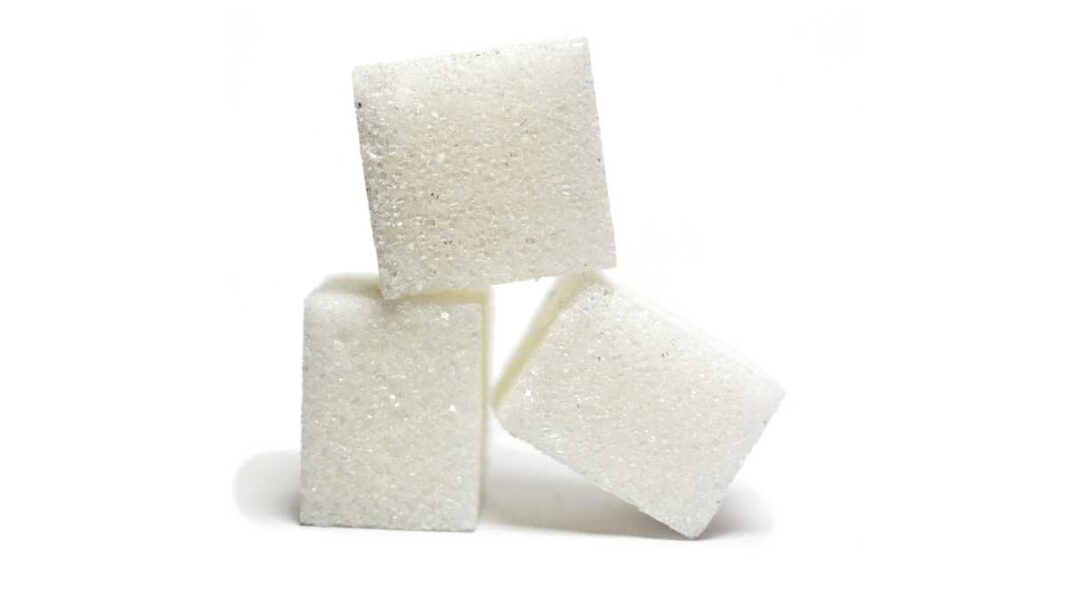Blood sugar stability may be the least exotic but most important lifestyle change for autoimmunity and chronic health conditions.
It’s almost impossible to manage autoimmunity or improve a chronic health condition if your blood sugar is chronically dysregulated. In my more than 20 years of working with chronically ill patients worldwide, many have not improved simply because their blood sugar imbalances went ignored.
Patients and practitioners alike are eager to jump into protocols for the gut, parasites, heavy metals, the brain, hormones, etc. Meanwhile, their blood sugar dysregulation and sedentary lifestyle feed into each other in a downward spiral that holds their bodies hostage.
A blood sugar imbalance robs your cells of the ability to produce sufficient adenosine triphosphate (ATP), our primary energy source. Think of ATP as trillions of tiny batteries. We can store enough ATP to power cells for only a few seconds at any given time. This means we must constantly produce ATP through pathways that convert food into energy. When your diet has you on constant peaks and crashes of blood sugar, you sabotage these energy-production pathways. This means you don’t produce enough energy to heal.
Research shows that 88 percent of Americans suffer from blood-sugar-related metabolic disorders, thanks to the Standard American Diet high in simple carbohydrates and sugars and low in nutrition. In other words, Americans are in a cellular energy crisis.
Whether your blood sugar is consistently too high, too low, or a combination of both, the result is the same: Not enough glucose gets into the cells to produce energy. Low blood sugar starves cells, while high blood sugar blunts glucose receptors. Both leave cells hungry for energy.
Unfortunately, the longer a person is in a dysregulated blood sugar state—a lifetime for most Westerners—the more difficult it is to repair. Most people need to significantly lower their consumption of carbohydrates and increase their physical activity to unwind the cravings that drive them to overeat. Reversing insulin resistance can take many months, if not a year or more, of steadfast adherence to an anti-inflammatory diet and regular physical activity.








